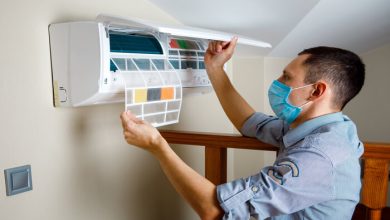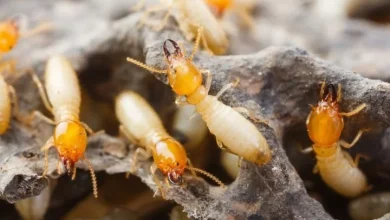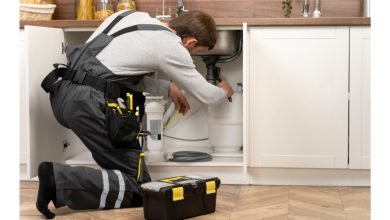
How to Prevent Drains from Getting Blocked in Creve Coeur, MO
A clogged drain is messy and frustrating. Unfortunately, it usually happens at the worst time. Homeowners in Creve Coeur, MO keep their homes running smoothly, so preventing drain blockages can save time, money, and stress. Thankfully, you can keep your drains flowing freely and avoid those annoying backups with simple habits and regular care. Also, you can call a plumber in Creve Coeur if your drains are blocked. Below are tips to prevent drain blockage:
Watch What Goes Down the Sink
Most clogs start with what we put down the drain. Grease, food scraps, and coffee grounds can cause problems in the kitchen. Grease might go down as a liquid, but it cools and hardens inside your pipes, sticking to the sides and trapping food particles. Over time, it builds up and blocks the water flow. Thus, you should pour grease into a container and toss it in the trash once it solidifies. Also, scrape plates and pans into the trash or compost bin before rinsing them in the sink. Too much food waste can still lead to clogs even if you have a garbage disposal.
Be Careful in the Bathroom
Over time, pipes can clog when hair, soap scum, and toothpaste form a sticky mess. To keep your bathroom drains clear, use a drain screen or hair catcher in the shower and sink. These small devices are easy to install and can catch hair and debris before they go down the drain.
Also, try to avoid flushing anything other than toilet paper. Wipes, cotton balls, and feminine products can get stuck and cause serious clogs in your plumbing or even the city’s sewer system.
Run Hot Water Regularly
Running hot water down the drain once a week helps flush away oils, soap, and debris before they have a chance to build up. In the kitchen, hot water combined with dish soap can help move greasy residue through the pipes. In the bathroom, it helps clear away anything sticky left from shampoos or soaps. You can pour a mix of hot water and vinegar down the drain every couple of weeks for an extra boost.
Use Baking Soda and Vinegar
Baking soda and vinegar can help clean your drains without harsh chemicals. Pour half a cup of baking soda down the drain and follow it with one cup of white vinegar. Let it fizz and sit for 10–15 minutes and rinse with hot water. This gentle, foaming reaction helps loosen gunk and clear small clogs. It also helps reduce odors that can build up in your pipes.
Limit Garbage Disposal Use
Avoid putting fibrous foods like celery, corn husks, and potato peels into the disposal. These can wrap around the blades or stick together and clog the pipes. Also, do not overload the disposal. Run it for a few extra seconds with cold water after grinding to help wash everything down.
Schedule Routine Drain Cleaning
Scheduling professional drain cleaning once a year is important, especially in Creve Coeur where seasonal weather changes can affect your plumbing. Plumbers use drain snakes and hydro-jetting equipment to clean out pipes thoroughly. This clears slow drains and prevents larger blockages from forming.
Know the Signs of a Clog
Catching a problem early can prevent a full-blown backup. Look out for signs that your drain might be starting to clog. These include water draining slower than usual, gurgling sounds from the drain, and bad smells coming from the sink or shower. Also, your drain might be clogged if water backs up into another drain when you use one.
Protect Outdoor Drains
Your drains can get clogged due to leaves, dirt, and debris, especially during the fall and after storms. So, keep gutters clean and use drain covers where needed. Also, make sure water can flow away from your home freely. Preventing outdoor blockages helps protect your foundation and keeps water from backing up into your basement or crawlspace.




